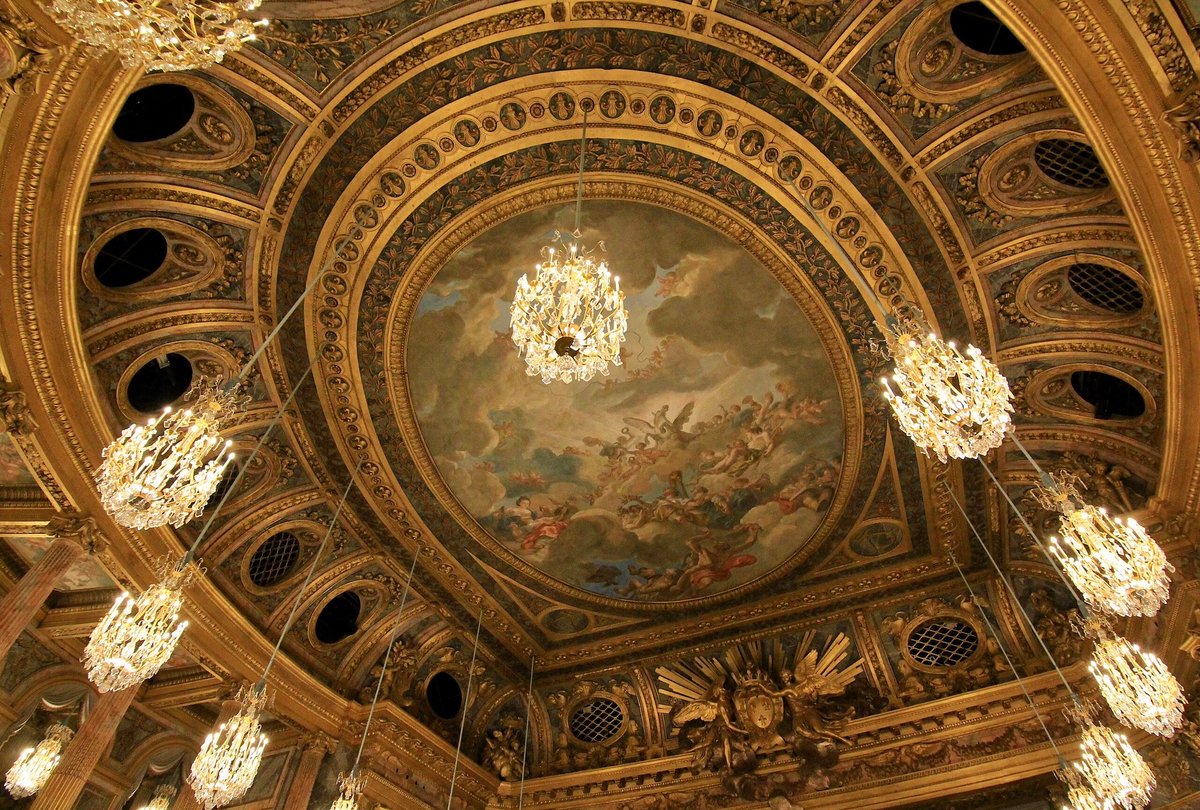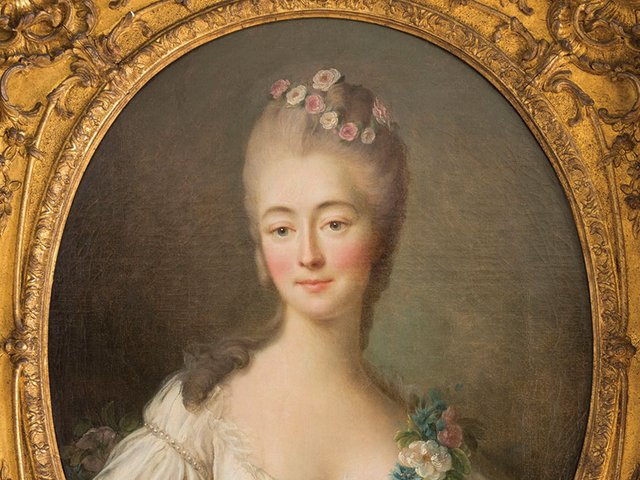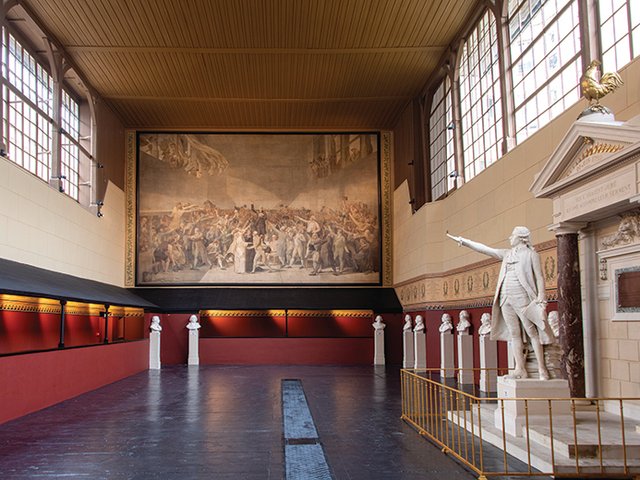The prosecutor has requested suspended prison sentences up to 15 months and fines up to €150,000 against the companies and executives responsible for works in the Château de Versailles that led to the lead poisoning of restoration workers.
The trial, which took place last week before the Versailles criminal court, was the first ever case heard of lead poisoning in the cultural sector. No one during the three-day trial denied that the artisans, who did not have any kind of protection, had been contaminated by lead dust when they scrubbed down the sculptures and decoration of the royal opera in the Château de Versailles.
“Until the 20th century, lead was widely used as a pigment. Everyone knew there was lead in the paints in Versailles,” the chief architect of the château, Frédéric Didier, admitted.
Consequences were dire for the restorers, who suffered from a series of serious diseases. Five of them are civil parties in the case, but the magistrate who led the investigation said there were more interim workers who had also been intoxicated. “They became cannon fodder,” said Melinda Voltz, the lawyer representing a carpenter who lost almost all his teeth. “This is the trial of a system which chooses profit over people,” added another lawyer, Jean-Jacques Neuer.
It has taken 15 years of legal wrangling for the victims to get their day in court. The prosecutor Nathalie Frydman apologised for the delays, which she partly attributed to “a chain of denials” from the people in charge of the works, which went as far as "tampering with a witness". ”Their only answer is ‘it’s not me, it’s the others'," she said.
During the hearings, the Culture Ministry’s operator commissioned to oversee the restoration, the company in charge of the works, Asselin and the château’s chief architect continued to blame each other, and all asked to be acquitted. Denouncing a “collective breakdown”, the prosecutor asked for suspended prison sentences from three to 15 months for all of them. Even though its chief architect is among the accused, the Château de Versailles itself was not prosecuted because it contracted the project. The court is expected to hand down its judgement on 13 May.
“This collective denial is very difficult for us," said Claudia Andrieu, the spouse of a carpenter who testified about the ordeal. "It leaves us with the impression that no lesson has been learned from this drama, so it could happen any time again."






